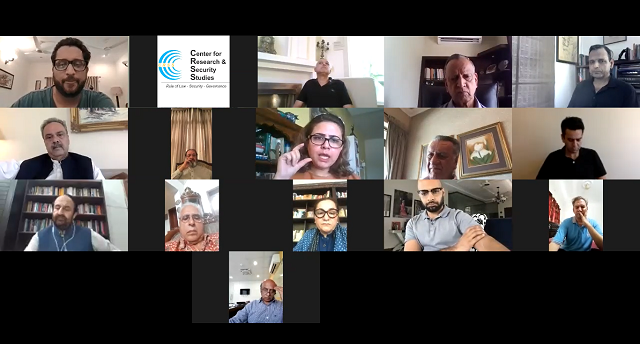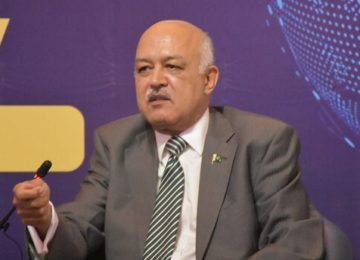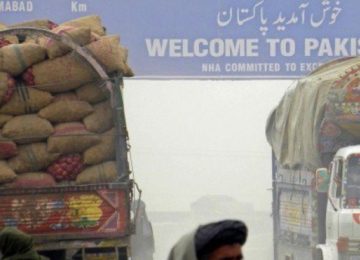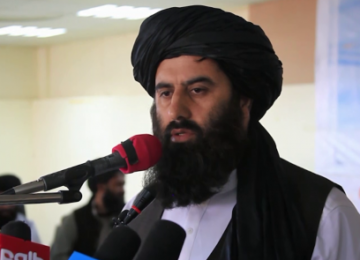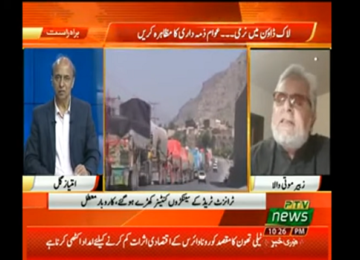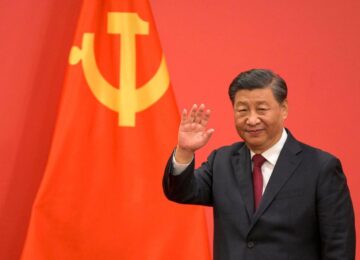June 11, 2020
As part of CRSS’ efforts to improve Pakistan-Afghanistan bilateral relations under its ongoing Track 1.5/II initiative Beyond Boundaries, a 12 member Pakistan core group met virtually on June 10, 2020, to review the situation in Afghanistan following the power-sharing deal signed between President Ghani and Dr Abdullah Abdullah in mid-May, developments in the peace process, Pak-Afghan bilateral cooperation after the political settlement, and bilateral/transit trade amid the pandemic.
Members included Mehnaz Akber Aziz; Member National Assembly, Dr. Shoaib Suddle; Former IG Police, and former Federal Tax Ombudsman, Lt. Gen. (retd) Asif Yasin Malik; Former Defense Secretary, Maj. Gen. (retd) Athar Abbas; Former DG Inter Services Public Relations (ISPR), Former Ambassador Ayaz Wazir, Former Ambassador Qazi Humayun, Former Ambassador Asif Durrani, Former Ambassador Mian Sanaullah, Rehman Azhar; Senior Journalist and Anchorperson Express TV, Ammara Durrani; Public Policy and Human Security Expert, Tahir Khan; Senior Journalist and Anchorperson GTV News and Hasan Khan; Senior Journalist and Anchorperson AVT/Khyber TV News. CRSS was represented by Executive Director Imtiaz Gul, Junaid Khan; Program Manager, Sitwat Waqar Bokhari; Program Manager, and Saad Gul; Research Fellow at CRSS.
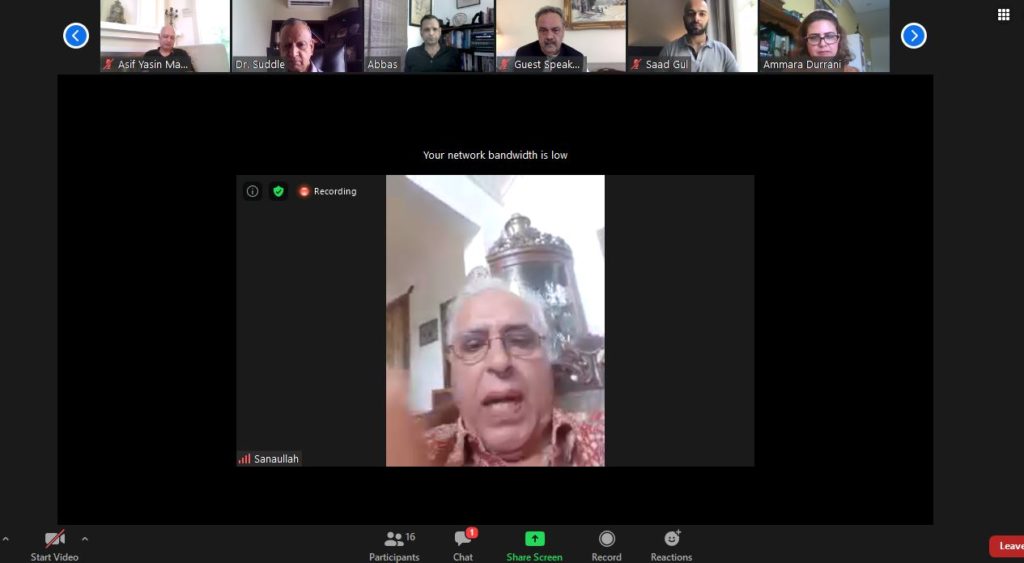
At the outset, all members welcomed the appointment of Mohammad Sadiq as the Special Representative for Afghanistan, terming it as a timely and positive decision by Pakistan as most regional countries have also employed a special envoy for Afghanistan. Expressing optimism on his ability to positively utilize the platform for constructive resolution of all issues, members affirmed that Ambassador Sadiq, who also previously served as Pakistan’s Ambassador to Afghanistan from 2008 to 2014, was both well connected with the government and private stakeholders and acquainted with Afghan politics and the regional dynamics. Members hoped that, keeping his experience and past record in Afghanistan, he would perform to the best of his abilities. Members were of the view that, along with the peace process, Ambassador Sadiq would also play an important role in handling Pak-Afghan bilateral issues, such as in trade, visa issuance, border closures, etc.
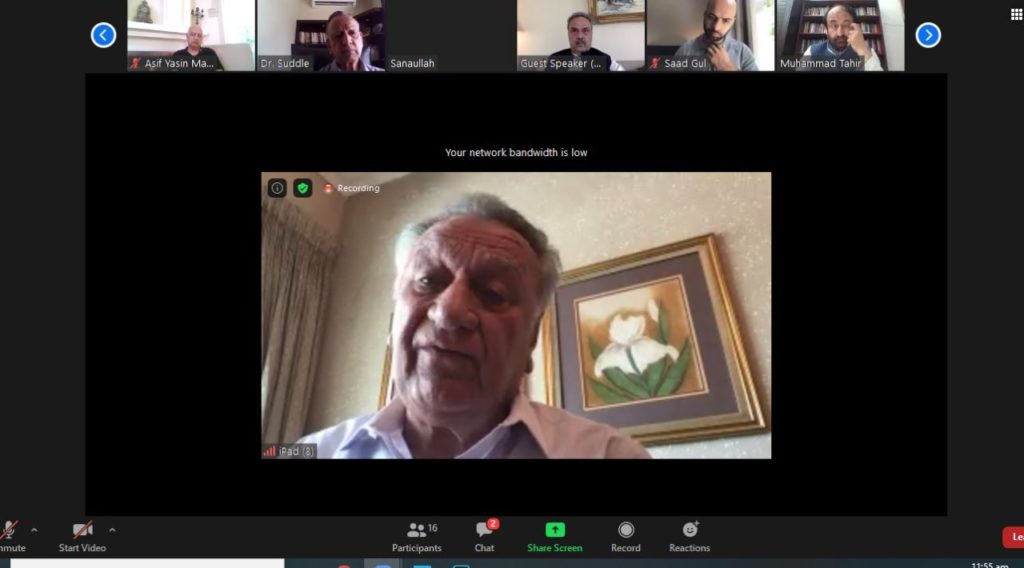
Furthermore, members stated that Pakistan’s role in the peace process, particularly in initiating the Taliban-US peace talks resulting in the peace agreement, was duly acknowledged by the international community. In order to address Afghanistan’s political and economic issues, members affirmed the role of the civil society and policy advisors should be recognized in assisting the policy makers of both governments and further strengthened. They further suggested that recommendations from such sessions should be shared with the relevant policymakers as they can serve as a catalyst whilst devising political and economic strategies and policies to achieve development and stability.

Members also suggested that, along with the government and private sectors’ efforts in addressing key bilateral issues, there is a need to set up parliamentary caucuses to meet regularly and discuss and devise sustainable solutions to resolve issues. Members also recommended not to reiterate references to Pakistan’s hosting of Afghan refugees for 40 years in high level meetings as it has become an irritant and counters the purpose of constructive and positive dialogue, if repeated.
The Pakistan group hoped and was optimistic about the reconciliation process in view of the recent power sharing deal between President Ashraf Ghani and Dr Abdullah Abdullah, the Taliban’s proactive announcement of the temporary ceasefire on Eid and the consequent release of prisoners by the Afghan government in response. The timely appointment of Ambassador Sadiq as a special envoy for Afghan affairs from Pakistan thus gives hope that the peace process may be going in the right direction and shows Pakistan’s continued commitment.
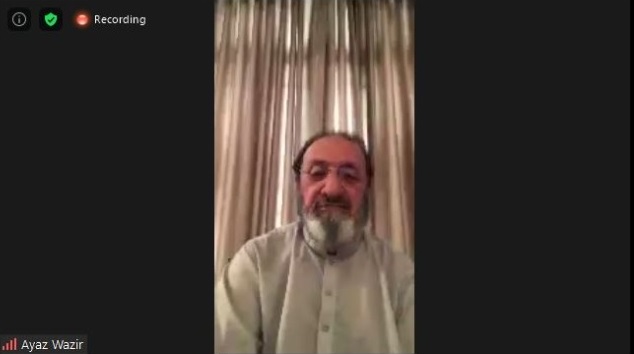
Members further appreciated the efforts of CRSS’ Beyond Boundaries for continuing to engage in virtual dialogues, not being deterred by the prevalent pandemic, to discuss important issues faced by both countries. They were optimistic that recommendations from their meetings will be further tabled to the relevant policymakers in devising the right policies.
© Center for Research and Security Studies (CRSS) and Afghan Studies Center (ASC), Islamabad.



